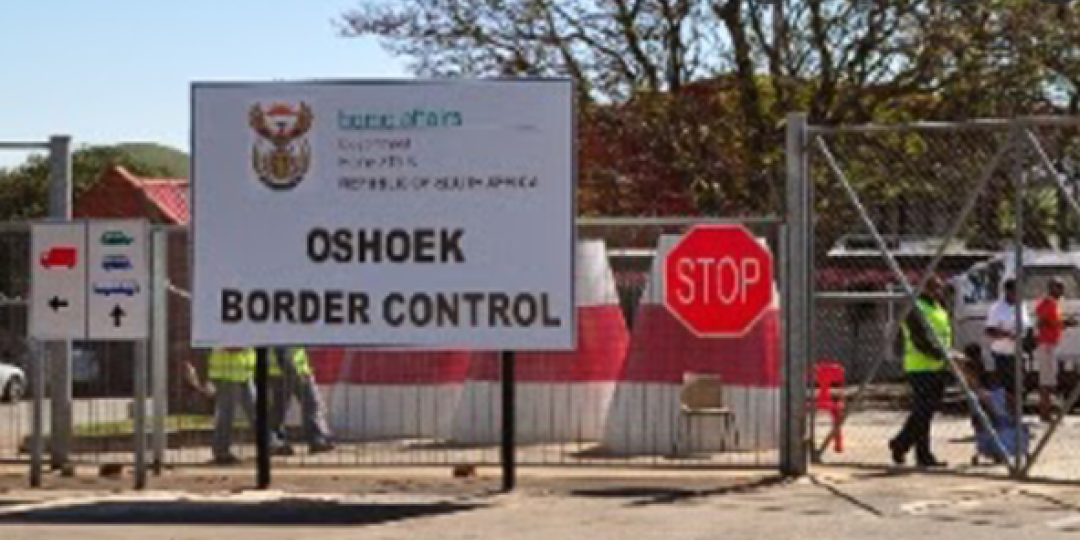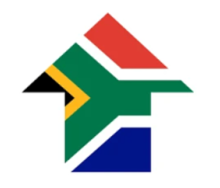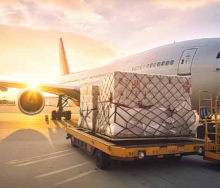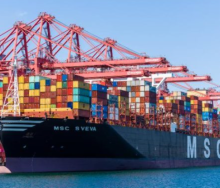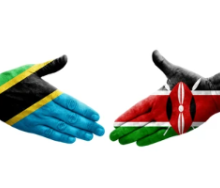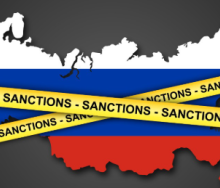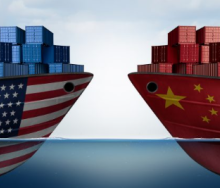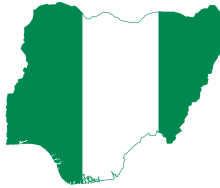MBABANE – Road freight - and possibly rail freight - stand to be disrupted this week as pro-democracy activists in Eswatini, joined by fellow activists in South Africa, have declared this week Eswatini Global Week of Action. In particular, the Congress of South African Trade Unions (Cosatu) has vowed to blockade the country by closing border posts on Thursday (September 9).
Cosatu is working in partnership with its Eswatini counterpart, the Trade Union Congress of Swaziland (Tucoswa), in protest against such issues as human rights abuses. The trade union bodies will also use the week of Eswatini’s independence anniversary (September 6) to draw attention to “what independence actually means,” according to a Tucoswa spokesperson.
The main border post with South Africa at Oshoek, along with Matsamo, a second border post heavily utilised by road freight haulers, will be targeted with closure. In the past, Eswatini police have been mostly successful at keeping protesters away from demonstrations.
Political marches are illegal in Eswatini. However, road freight operations are disrupted, and sometimes brought to a halt. Drivers fear violence if protesters find them operating on Eswatini’s roads. Acts of vandalism against South African truckers, including the burning of vehicles and the looting of cargo, occurred during the June to July pro-democracy uprising. Eswatini Railway operations were not affected, although there was some reported vandalism such as fires set on the rail tracks. A spokesperson for the railway told Freight News they were remaining vigilant this week for similar acts.
“We are fearful of what can happen to us, so if there are reports of disturbances we will park on the roadside on the South African side,” one driver from Gauteng told Freight News.
Usually during border demonstrations, kilometres-long queues of trucks extend westward from the Oshoek border post. The Swazi media is predicting a fuel shortage in the country if border blockades occur. A severe fuel shortage resulted from the June-July uprising. Landlocked Eswatini imports all its petrol products from South Africa, as well as 80% of other goods.
